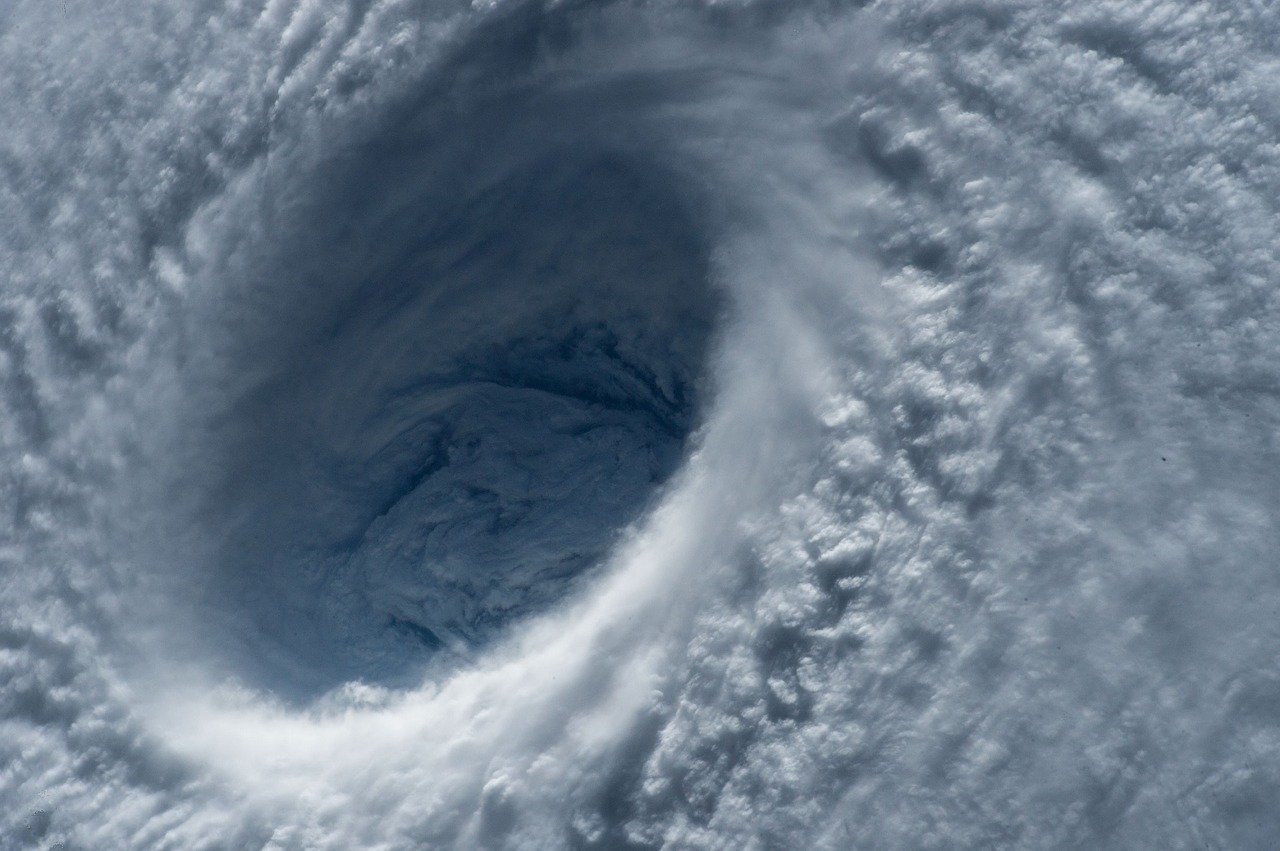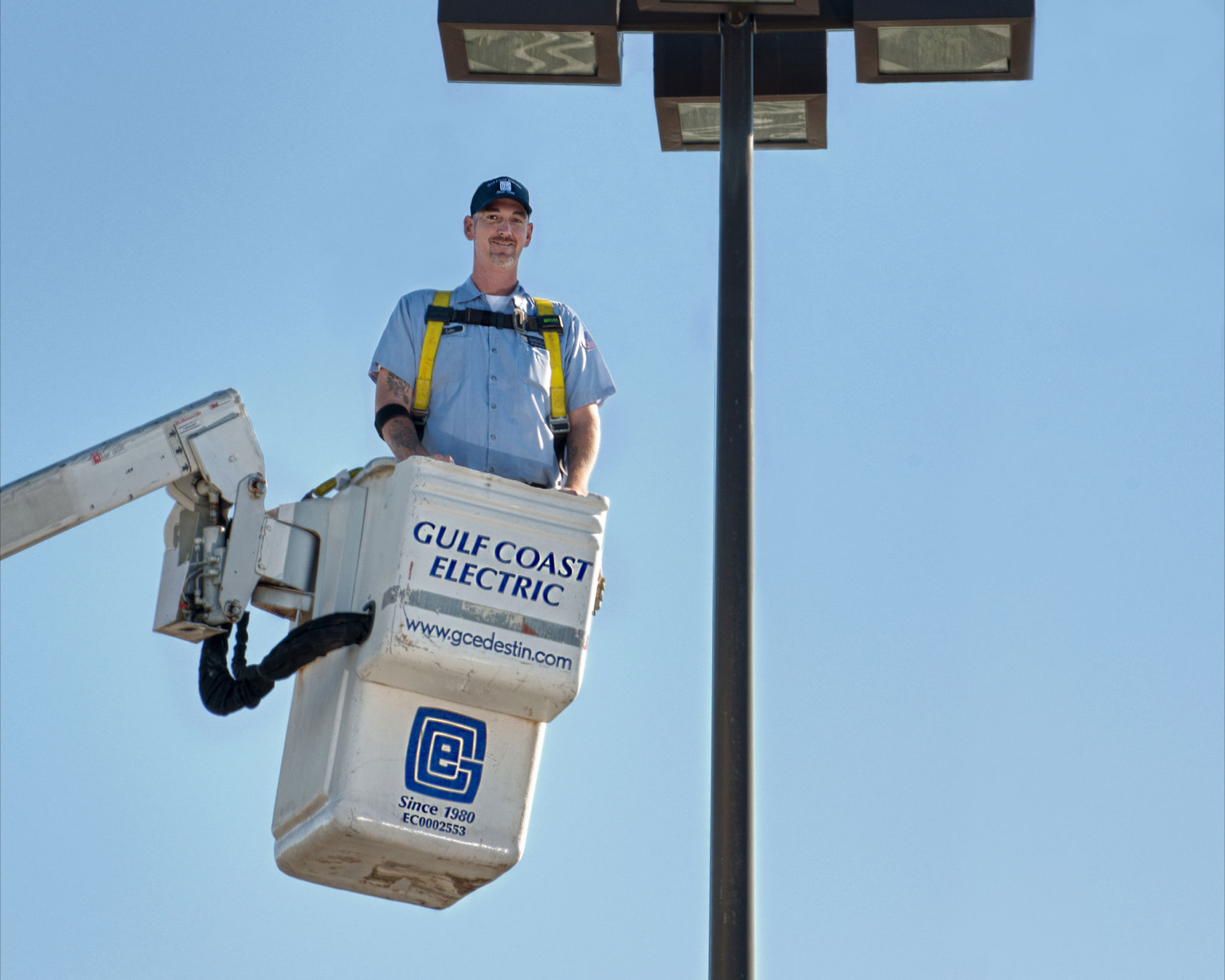Although the official Atlantic hurricane season lasts from June 1–November 30, hurricanes can strike at any time. It is important to understand the various ways in which hurricanes can affect the electricity in your home so you can practice electrical safety should you be forced into an unfortunate natural disaster situation.
Power Outages
Exposed power lines and utility poles are at risk of damage when hurricanes make landfall. With wind speeds ranging from 74mph to 154mph, hurricanes pose a major threat to these standing structures. The strong winds alone are capable of toppling utility poles, resulting in loss of power. Trees are also vulnerable to hurricane-force winds. Branches can snap, and shallow-rooted trees can be easily unrooted, knocking over power lines and poles if the wind has not already.
Compromised Electrical System
Hurricanes can generate 6-12 inches or more of rainfall, which can result in severe flooding. Electrical wiring that has been exposed to flood water or moisture can cause irreparable damage to internal components. Any wires that have contact with water would require replacement to ensure proper functionality. Hurricanes tend to dump ocean water along their path – salt water can cause corrosion damage to electrical wires. Worst-case scenarios would involve an entire electrical system replacement.
Increased Energy Prices
Not only can your home’s electricity take a direct hit from hurricanes but so can your electric bill. When the power goes out, there is an increased demand for energy with a lack of supply. Energy companies are unable to supply their customer’s with electricity, causing a major shift in energy prices. Typically, energy prices are raised when the demand is high and supply is low.
Prepare your home electricity for hurricanes
Hurricanes can be devastating and even unexpected. Luckily, there are a few steps homeowners can take to stay safe and alleviate major electrical issues.
- Maintain the trees on your property to avoid branches from snapping that could encounter utility poles.
- Treat all power lines as active and lethal. Should you encounter fallen power lines, keep a distance of at least 35 feet.
- Whether you choose to stay in your home or evacuate, shut off the breakers to avoid power surges.
- Contact a professional electrician to evaluate your electrical system. The experts at Gulf Coast Electric in Destin can perform a 50-point electrical inspection of your home to ensure it is prepared to handle major storms. If your home has experienced electrical damage due to tropical storms, contact us for electrical repair services today!











